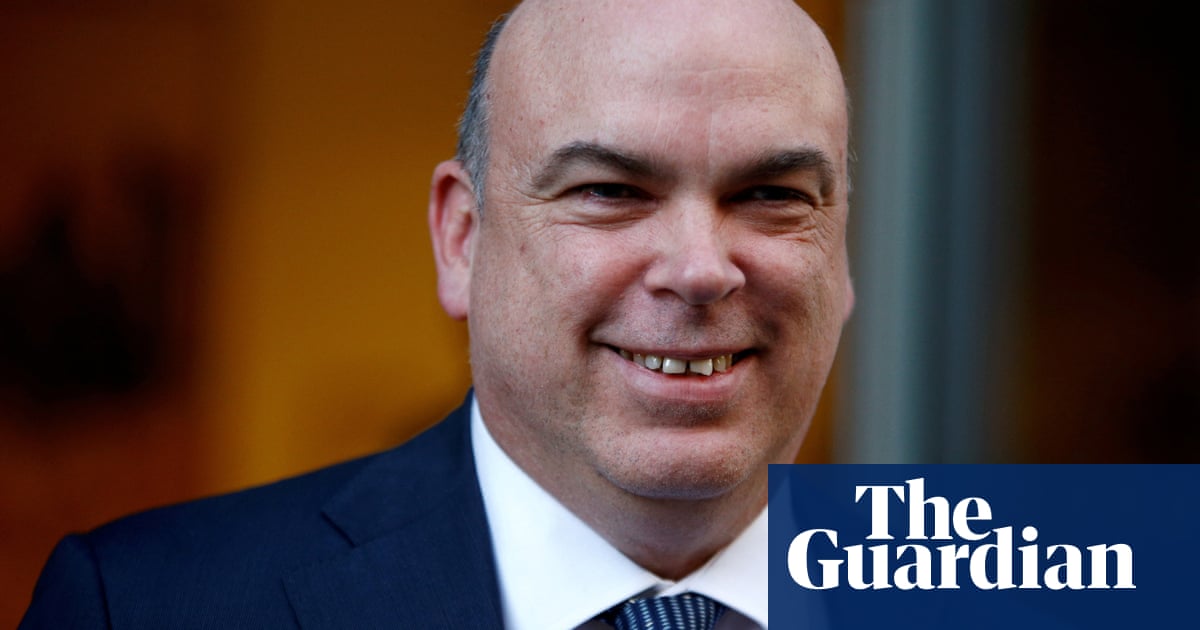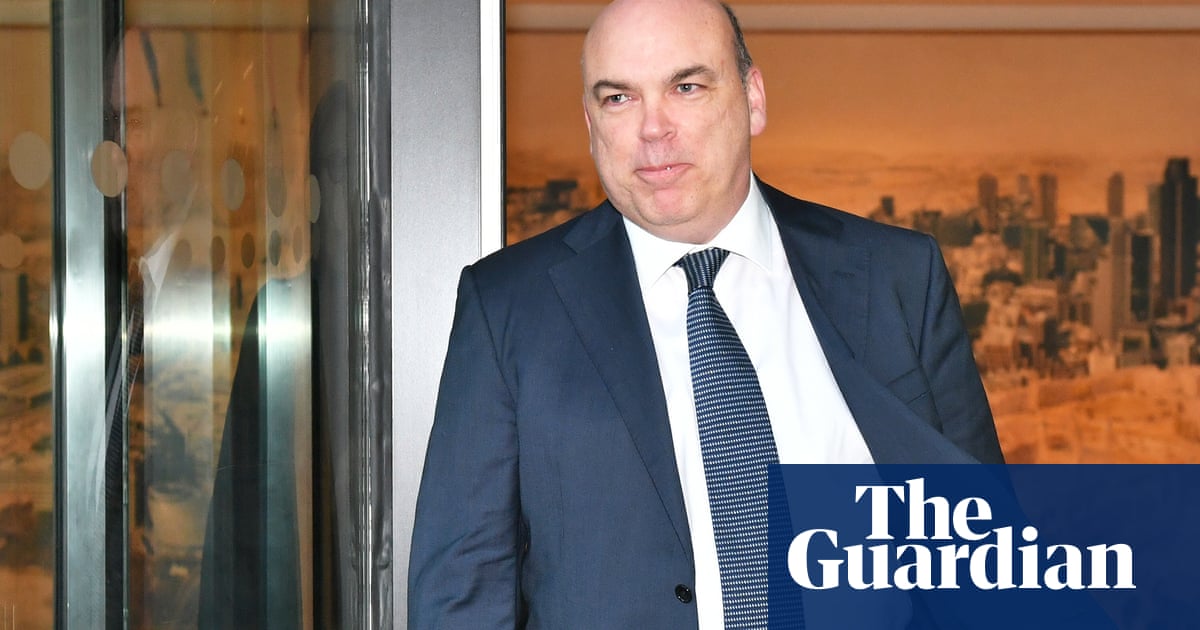
The British tech entrepreneur Mike Lynch should be extradited to the US to face criminal fraud charges, a London judge has ruled.
Michael Snow, district judge at Westminster magistrates court, on Thursday refused Lynch’s attempt to block his extradition to the US to face 17 counts including wire fraud and securities fraud related to the 2011 sale of his technology firm, Autonomy.
The judgment will go to the home secretary, Priti Patel, who will have the final say on whether Lynch will be extradited.
The judge asked Lynch, 56, to stand before delivering his verdict. Lynch said, “Yes, I do”, when asked if he understood his bail conditions. The judge said he will be readmitted to bail, and he will have 14 days to appeal against the home secretary’s final decision.
The decision is likely to revive concerns over the power of US authorities to demand the extradition of British citizens. David Davis, a former Conservative minister and shadow home secretary, on Thursday described it as an “outrage” on social media.
Davis wrote: “A judge sitting in a British court has decided to send a British businessman into the hands of the US courts at the say so of American prosecutors.”
The judgment is the latest twist in Lynch’s long-running legal battles over the disastrous takeover of Autonomy by America’s Hewlett-Packard.
Autonomy was hailed as a UK success story as it built a business using complicated pattern recognition technology to sift through unstructured but potentially valuable data. Lynch was made an adviser to 10 Downing Street, and seen by some as a British version of Microsoft’s Bill Gates.
Hewlett-Packard paid $11bn (£8bn) for Autonomy as part of the US company’s effort to pivot away from hardware such as office printers towards software. However, the deal quickly turned into a disaster, and the company wrote off $8.8bn in late 2012.
Hewlett-Packard’s successor companies have since sued Lynch in a £3.8bn civil fraud trial, saying he inflated the value of Autonomy before the sale. The trial ended in January 2020, after months of testimony ranging from dry accounting details to at times lurid evidence on the deal from Lynch and former HP executives including Meg Whitman.
The civil judgment was initially expected as early as the past spring, but the judge, Mr Justice Hildyard, has indicated that he does not expect to circulate a draft until 24 September at the earliest.
Lynch was first charged by the US Department of Justice in November 2018. In an indictment, the US said Lynch and other former Autonomy executives “engaged in a fraudulent scheme to deceive purchasers and sellers of Autonomy securities”. The executives did this to “enrich themselves and others through bonuses, salaries, and options”, the indictment alleged. Lynch submitted himself for arrest in February 2020.
Autonomy’s former chief financial officer, Sushovan Hussain, was in 2019 jailed for five years, after a US jury found him guilty of fraud related to the sale.
Lynch denies any wrongdoing in both the civil and criminal cases.
The first extradition hearing was held in February 2021, but his lawyers successfully persuaded the judge to delay for what was expected to be a few weeks for the civil judgment.
Lynch’s counsel, Alex Bailin QC, on Thursday tried to argue for a further delay to the extradition hearing in order to await the judgment in the civil case. Bailin said the judgment in the civil case was relevant to the criminal case.
However, the judge agreed with the counsel for the US government, Mark Summers QC, that further delay was not in “the interests of justice”. He said the judge in the civil case faced an “unenviable and formidable task” in sifting through the evidence, but said the judgment in the British civil case would be “of very limited relevance” to a decision on criminal charges in the US.
Lynch’s lawyer, Christopher Morvillo of Clifford Chance, said: “Dr Lynch is disappointed that the court has ruled against him without waiting for the high court’s judgment in the civil case that examined all these issues. Dr Lynch denies the charges against him.
“At the request of the US Department of Justice, the court has ruled that a British citizen who ran a British company listed on the London Stock Exchange should be extradited to the US over allegations about his conduct in the UK. We say this case belongs in the UK. If the home secretary nonetheless decides to order extradition, Dr Lynch intends to appeal.”
The extradition judgment is also likely to worry shareholders in Darktrace, the recently listed cybersecurity company. Darktrace, which was worth £5bn on Thursday, received seed investment from Lynch’s investment vehicle, and it listed its formerly close relationship with Lynch as a key risk during its April listing. Its chief executive, Poppy Gustafsson, is a former Autonomy employee.
Darktrace declined to comment.












